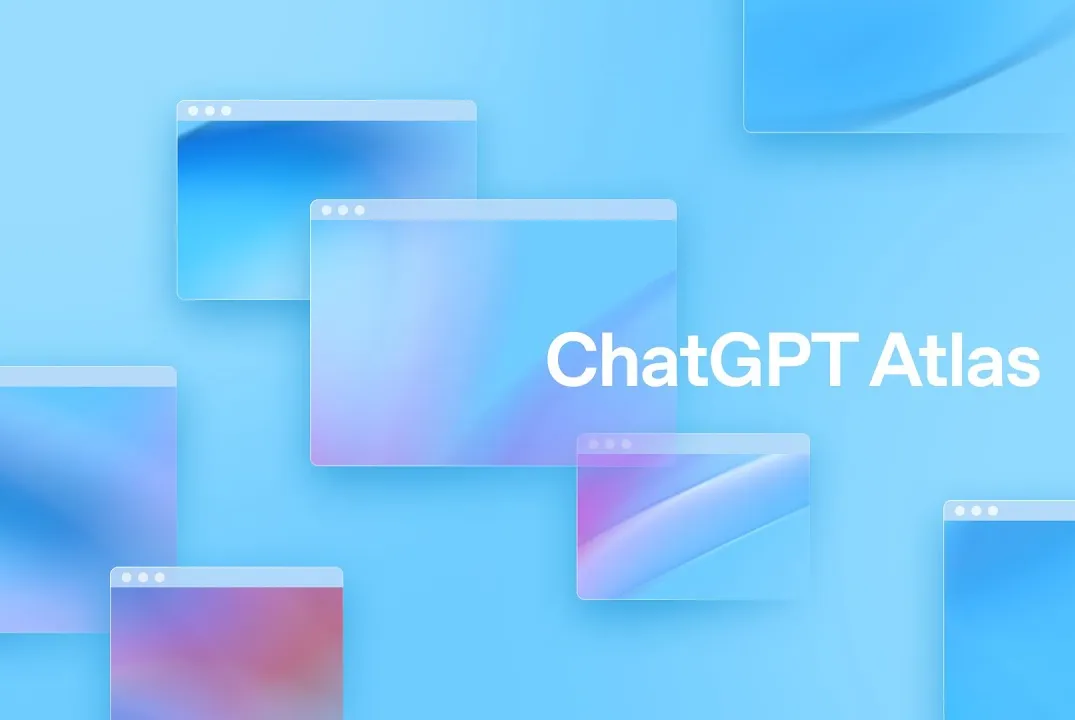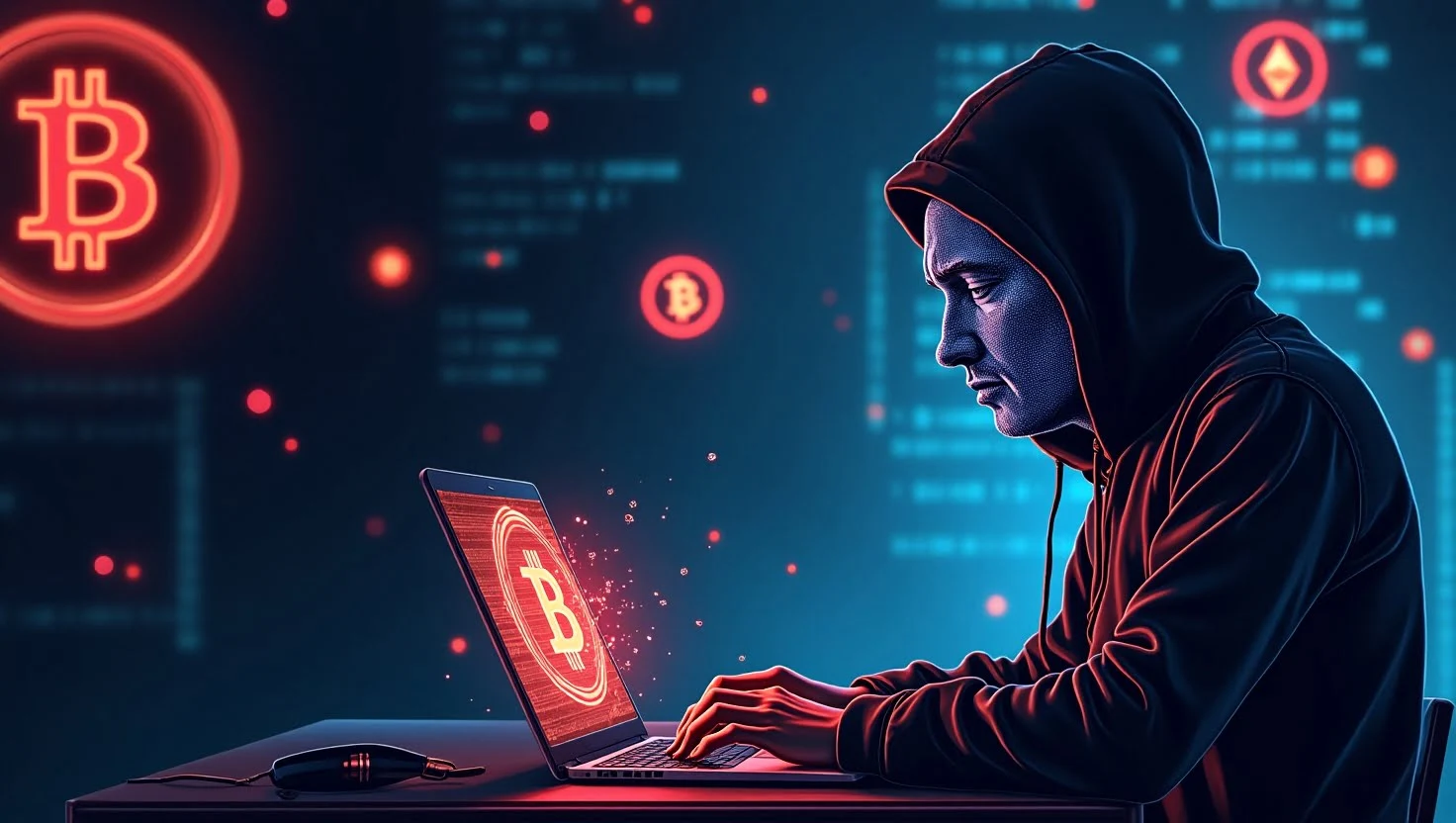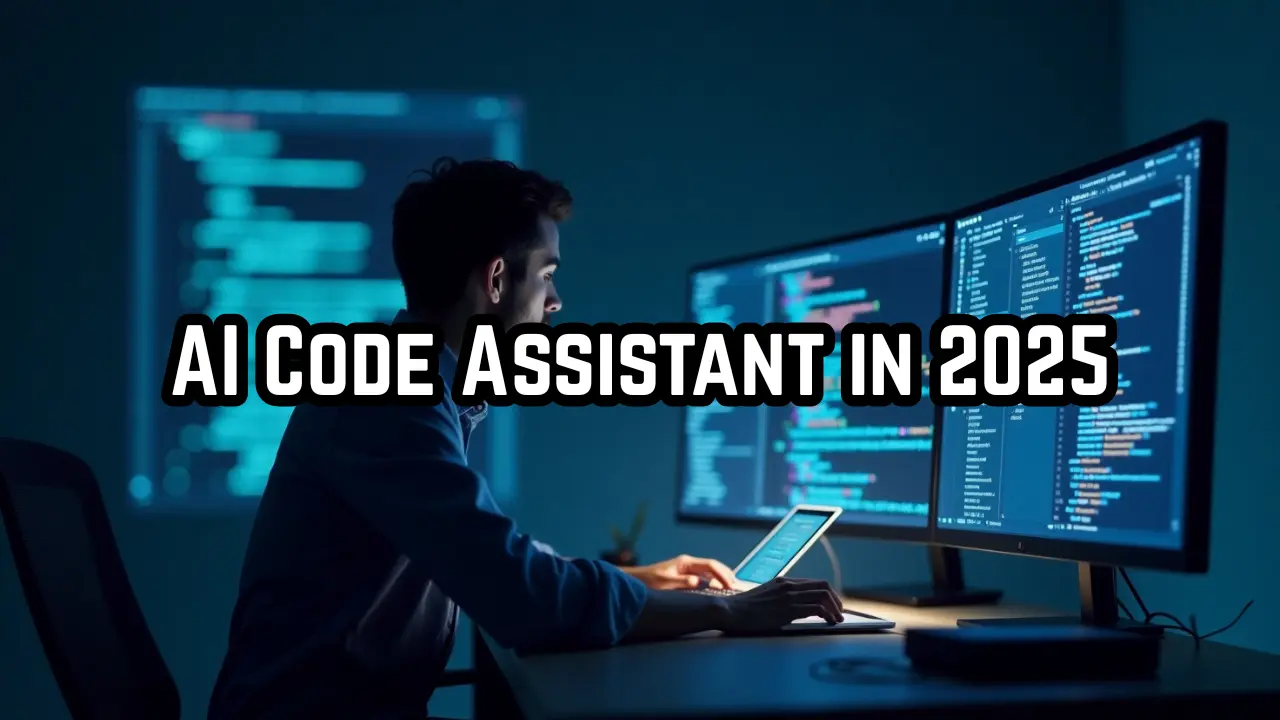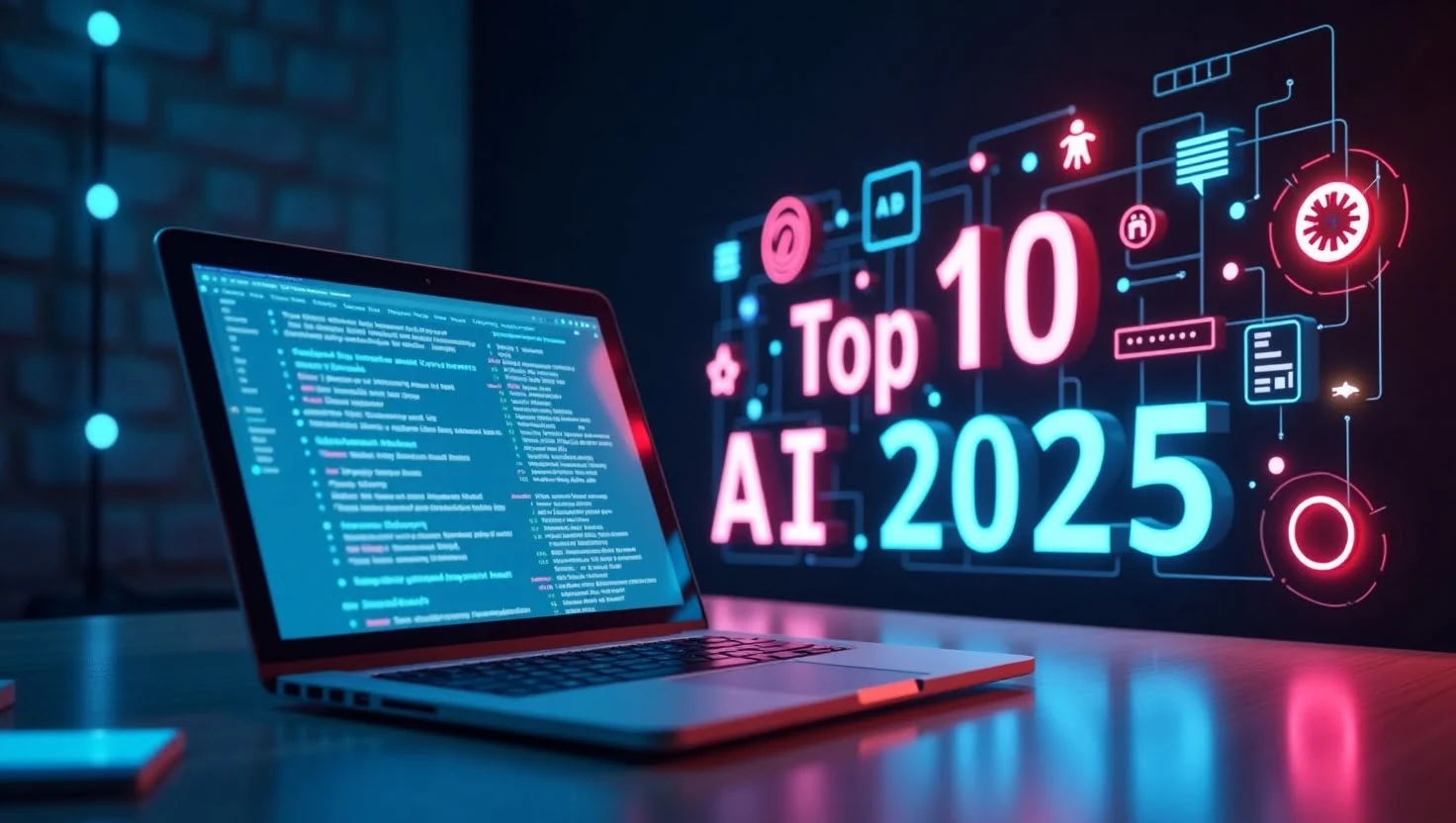Artificial intelligence has changed the way we live, work, and communicate. Tools like ChatGPT have made writing, research, and even coding much faster than ever before. But while millions use it daily for productivity, learning, and business, there’s also a lesser-known reality: the dark side of ChatGPT.
Like every powerful technology, AI comes with risks, and understanding them is crucial in 2025.
1. Overreliance on AI for Thinking
One of the biggest concerns with ChatGPT is how people are becoming dependent on it for even the simplest tasks. Instead of brainstorming or researching themselves, many users instantly turn to AI. This can weaken critical thinking, creativity, and problem-solving skills. In the long run, humans may lose their “mental muscles” if we let machines think for us all the time.
2. Privacy and Data Concerns
Every time you use ChatGPT, your prompts and conversations may be stored to improve the AI. While companies emphasize user privacy, there’s always the risk of sensitive information being leaked or misused. From personal details to confidential business strategies, anything entered into AI chat systems could potentially resurface.
3. Spread of Misinformation
ChatGPT is trained on massive datasets from the internet, which means it can sometimes generate wrong or misleading information. Even when it sounds convincing, the response might be inaccurate. This can lead to false facts spreading online, especially when people trust AI more than verified sources.
4. Job Displacement
AI tools like ChatGPT are already transforming industries. Copywriters, translators, tutors, and even customer service agents are facing reduced opportunities because businesses are replacing human work with AI-generated content. While AI creates new opportunities, it also threatens many traditional jobs, sparking debates about the future of employment.
5. Ethical Concerns and Manipulation
AI can be used in harmful ways — from generating fake news and deepfake scripts to creating manipulative content. Bad actors could exploit ChatGPT to produce scams, disinformation campaigns, or even harmful instructions. This raises serious ethical questions about how AI should be regulated.
6. Mental Health Impact
Some people now talk to ChatGPT more than they do to real humans. While AI can provide comfort, this reliance could worsen loneliness and reduce real-world connections. Over time, excessive use of AI companions may distort social skills and emotional well-being.
7. Bias Hidden in AI
Since ChatGPT is trained on human-generated data, it inherits human biases. Even with filters, it can sometimes produce biased, offensive, or culturally insensitive responses. This makes it unreliable for critical discussions where fairness and accuracy are essential.
Should You Fear ChatGPT?
ChatGPT is not evil — it’s a tool. But like fire, it can either cook your food or burn your house down. The dark side of ChatGPT lies not only in the technology itself but in how humans choose to use it.
In 2025, the key is balance. Use ChatGPT to speed up your work, generate ideas, and learn faster — but never stop thinking for yourself. Rely on it wisely, protect your privacy, and always verify what it tells you.
The future of AI depends on us.






